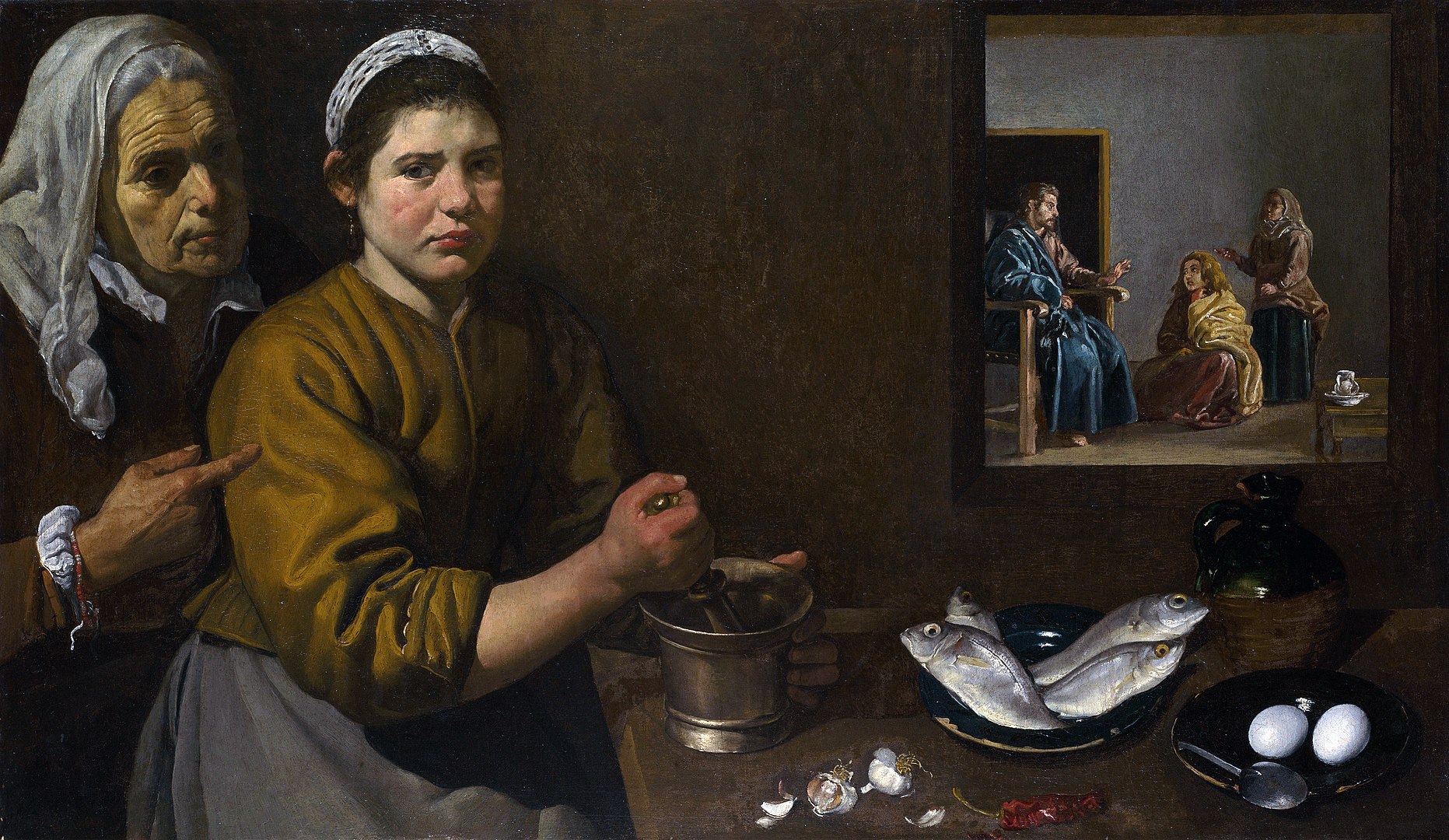In my opinion the most important story in the New Testament for our time is that of the two sisters, Mary and Martha, and their interaction with Jesus, which can be found in the Gospel of Luke, chapter 10.
Martha, the older of the two sisters, is distracted by all the preparations to be made to host their guest, Jesus. Mary, the younger sister, has left Martha to do all the duties and has gone to sit and converse with Jesus instead. Martha gets angry that Mary isn’t helping and tries to get Jesus to tell her to help. Jesus replies, ‘Martha, you are anxious and troubled about many things, but only one thing is necessary. Mary has chosen the good portion, which will not be taken away from her.’
What Martha can’t see is that her young sister has found herself face-to-face with the creator. She is caught up in the divine inter-relatedness of the Holy Trinity out of which all the universe was created. Mary is being healed, re-calibrated, refreshed, unburdened by all the trauma of having lost her parents young. She is finding for the first time the strength that comes from the joy of discovering you are known, accepted, and provided for by the One who holds the very atoms in your body together by his presence, moment by moment. All the pressure, fear, and anxiety about how this young orphaned family would survive that Mary has dealt with by shutting down and hiding away from is now melting away.
Martha’s coping mechanism was different. Where Mary escaped from reality into fantasy, Martha took to pragmatism and responsibility. It fell to her to look after her sister and brother after they were orphaned. She was forced to pick up the emotional tab and become mother and father to all three of them. She needed to learn how to manage the accounts, the household, the threat of exploitation by criminal predators. She shouldered the burden of many people, and still felt the pressure of it when her honoured guest came to stay.
But that guest did not come to be served. He didn’t come to be worshipped. He came to give of himself to Martha in her distractions and coping mechanisms just as much as to Mary. He came to heal, re-calibrate, and liberate Martha from her pragmatic responsibilities, just as he was doing right there before her eyes for her sister.
But Martha couldn’t see what was going on. She couldn’t recognize at that moment the divine presence that was literally embodied within her own home, the home that she has spent so many sleepless nights worrying about and long days labouring to sustain. Martha couldn’t understand that after that conversation she would have a different sister, baptised, reborn and made new through the loving presence of Christ.
Martha is in danger of this moment passing her by. She is so distracted by ‘duties’ and ‘good, responsible works’ that she has become unaware of her own situation. She is the competent one, but her very competency is what blinds her to her need and to the presence of her salvation around her table.
Jesus has nothing bad to say about Martha, he only calls her by name, reminding her of who she is and that he requires nothing from her whatsoever. Only one thing is needed, which is to accept the invitation into divine rest and participation.
Mary and Martha are to varying degrees represented within all of us. We oscillate between the false economies of distraction and duty, when the invitation is ‘come to me all who are weary and heavy laden and I will give you rest’. Duty oppresses distraction, while distraction hides from duty. Both are symptoms of our scattered and disintegrated selves. It is, however, still true that ‘only one thing is needed’, and that is what I think we need to hear more than anything else right now.


